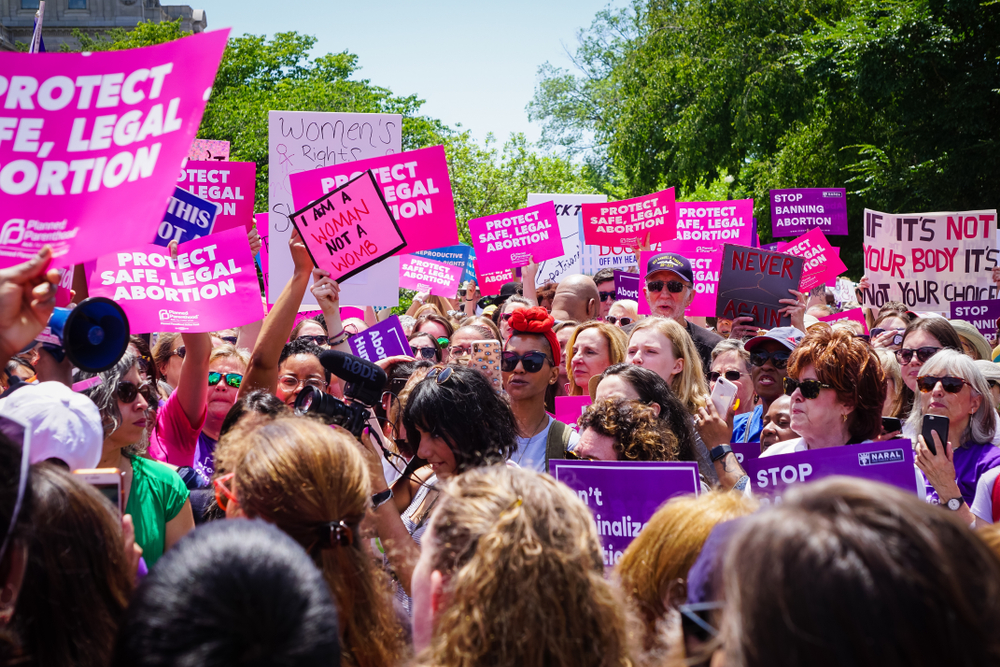
Florida Governor Ron DeSantis has signed into law a bill that would significantly limit women’s access to abortion. Senate Bill 300, also known as the Heartbeat Protection Act, reduces the state’s current abortion window from 15 weeks to just six weeks into a pregnancy. The law contains exceptions for rape, incest, and human trafficking within 15 weeks of gestation, as well as if the fetus has abnormalities or if two doctors certify the mother’s physical health is at risk. However, the law explicitly states that psychological conditions do not weigh in favor of abortion after six weeks.
In a statement released by DeSantis’ office in support of the law, the governor was quoted as saying: “While other states like California and New York have legalized infanticide up until birth, Governor DeSantis has enacted historic measures to defend the dignity of human life and transform Florida into a pro-family state.”
Opponents of the bill have criticized the passage, with Florida Senate Minority Leader Lauren Book stating that supporters of the bill “You don’t care about privacy, or medicine – or science – or truth – or even freedom because you are choosing to give sacs of cells more rights than living, breathing women and girls.” Concerns have also been raised about the law’s disregard for psychological conditions. One study has shown a relationship between carrying an unwanted pregnancy to term and adverse mental health outcomes later in life.
The Florida House passed the bill with a vote of 70 to 40, while the Florida Senate passed it with a vote of 26 to 13. However, the law will not go into effect until the Florida Supreme Court decides whether the state’s current 15-week ban is constitutional. If the former ban is deemed constitutional, the new six-week ban will go into effect. Given that the Florida Supreme Court has a majority of conservative justices, the new ban will likely go into effect.
Put your best foot forward and sign up for LawCrossing now.
This comes at the same time as the US Department of Justice has asked the Supreme Court to restore access to the abortion pill mifepristone after the US Court of Appeals for the 5th Circuit limited its usage. The decision to limit access to the medication has been criticized by reproductive rights advocates, who argue that it places unnecessary barriers to safe and legal abortions.
The passage of the Heartbeat Protection Act in Florida is part of a larger trend of states passing increasingly restrictive abortion laws. Proponents of such laws argue that they are necessary to protect the lives of unborn children, while opponents argue that they represent an infringement on women’s reproductive rights. The issue will likely remain contentious in the coming years, with both sides continuing to push for their respective positions.

